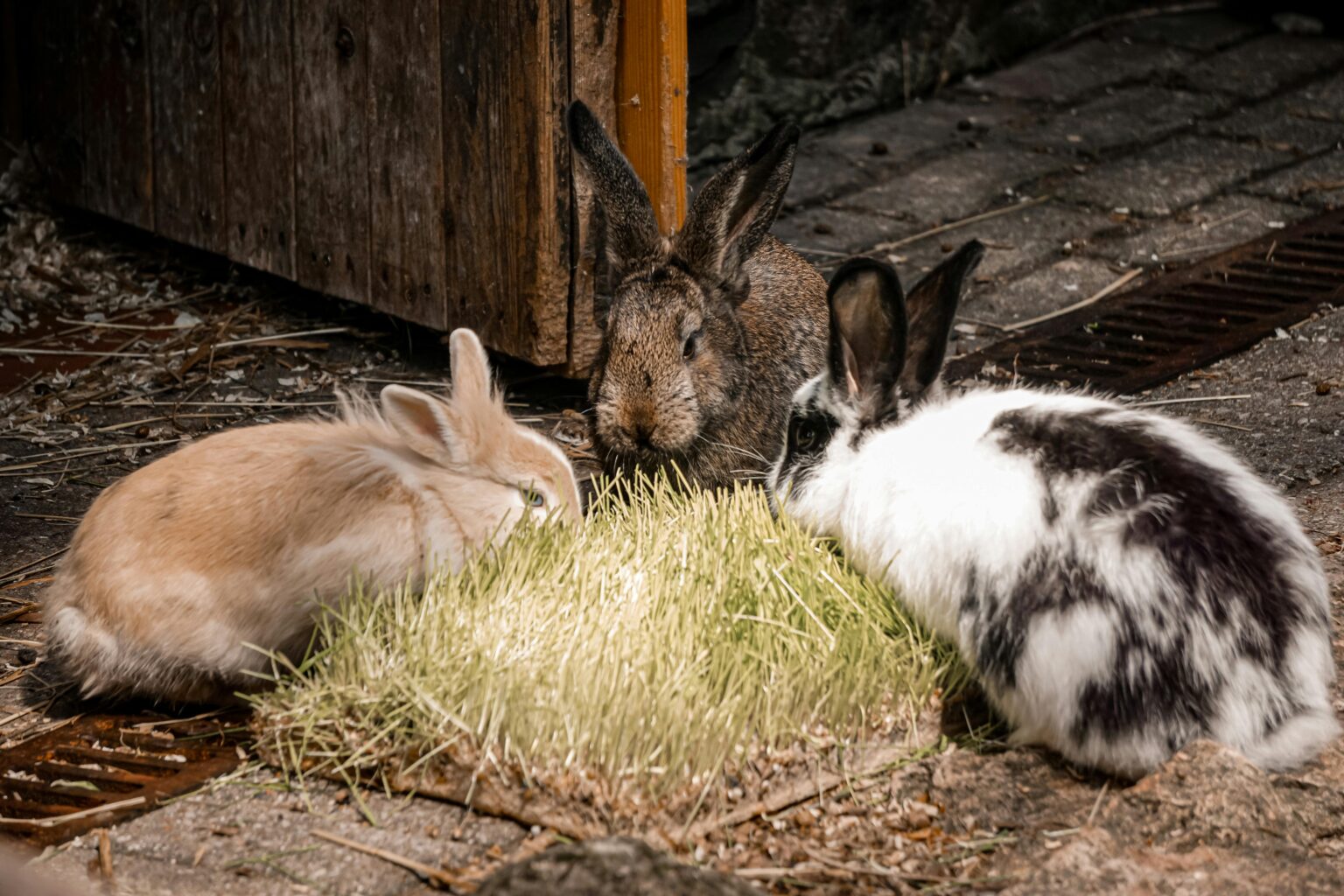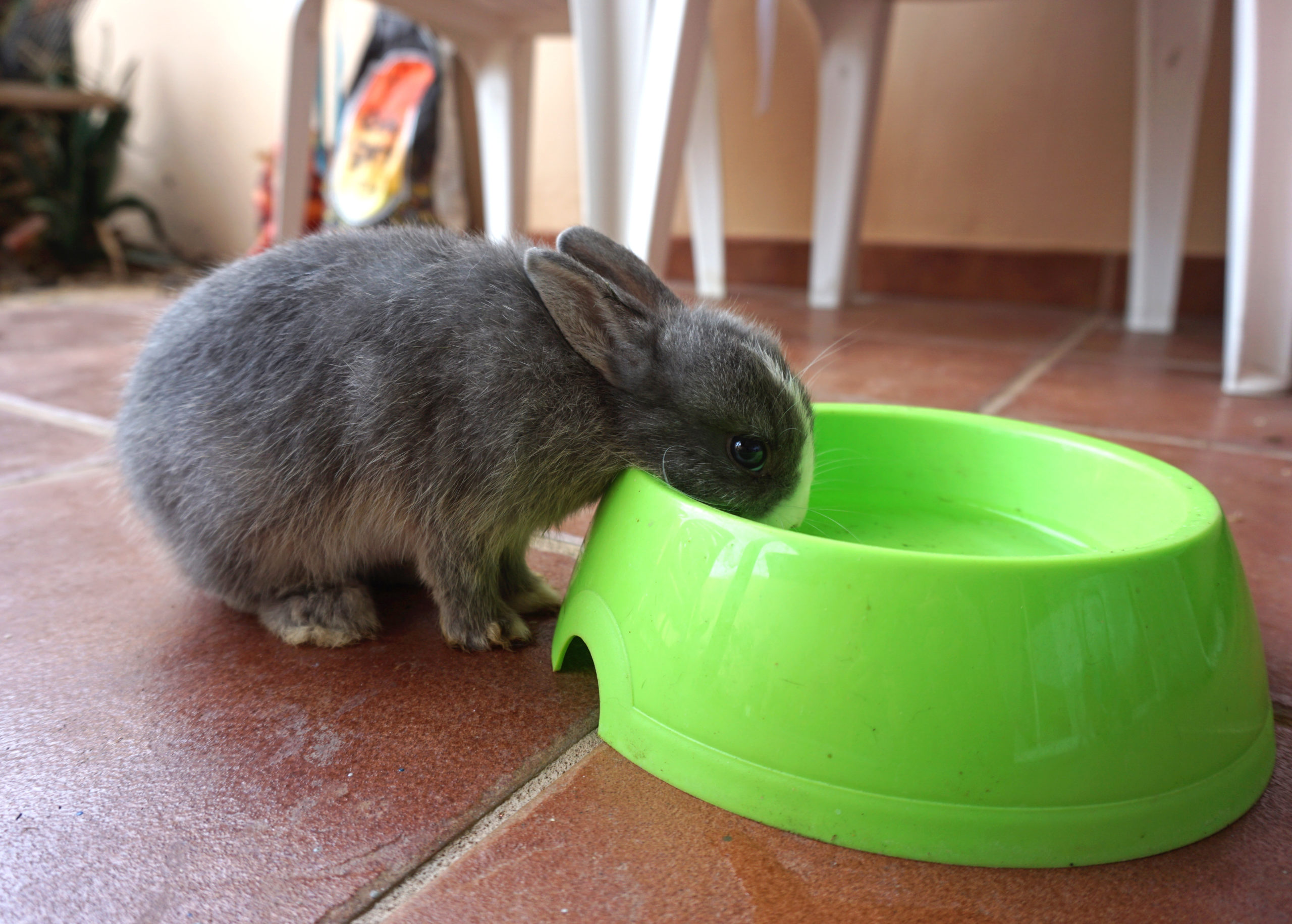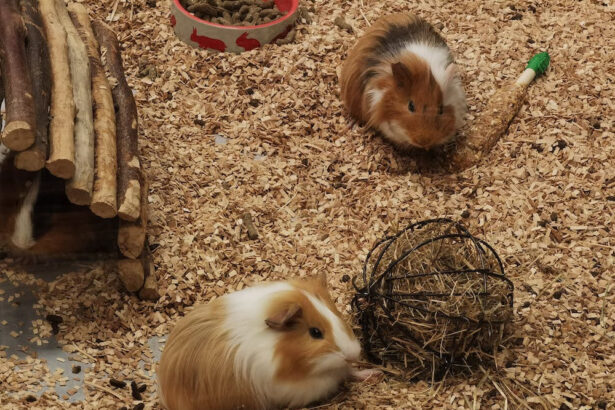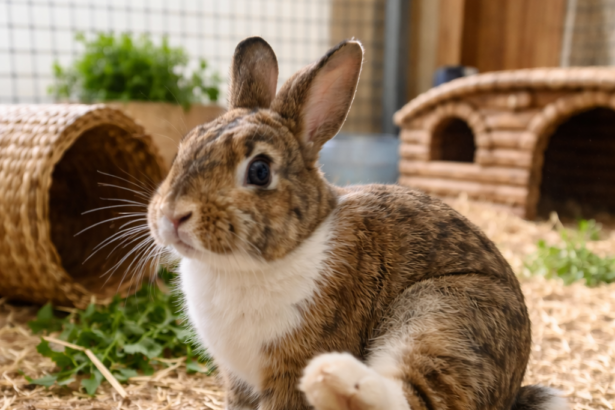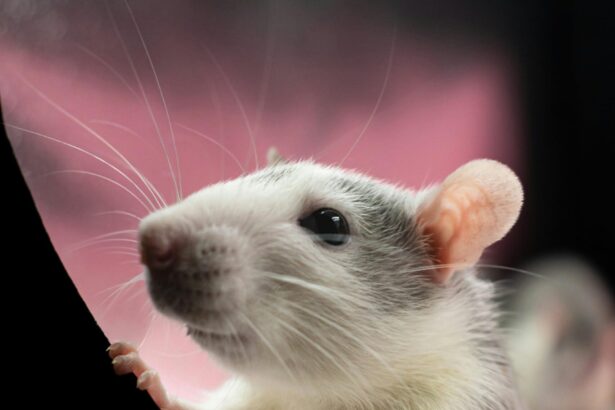Welcoming a Bunny Rabbit into your home is the start of a beautiful bond filled with gentle hops, curious sniffs, and moments of pure joy. To keep your Rabbit happy and healthy, it’s important to create a safe, spacious environment where they can explore, stretch, and play. A balanced diet rich in fresh hay, leafy greens, and quality pellets supports their digestion and dental health, while daily interaction and enrichment help them feel loved and secure. With regular grooming, proper housing, companionship, and lots of love, your bunny will thrive and this guide has everything you need to make that happen.
Rabbit Basics
Lifespan: 8–12 years (some live even longer with proper care!)
Personality Intelligent, playful, curious, and affectionate (once bonded)
Social Needs Rabbits are social animals they need the companionship of another bunny unless medically advised otherwise
Housing & Space
Indoor or Outdoor?
Rabbits can live happily indoors or outdoors, but they need space and safety
Whether inside or outside, their space must be secure, weatherproof, and predator proof
Minimum Space Guidelines
Free roaming indoors is ideal
If caged, minimum of 6ft x 2ft x 2ft hutch PLUS a safe exercise area (ideally 8ft x 4ft)
Think a Rabbit should be able to take at least 3 full hops in any direction!
Flooring & Bedding
Solid flooring with soft bedding: paper bedding, vet bed, hay or fleece
Avoid wire flooring (causes sore hocks)
Cleaning Routine
Spot clean litter and remove wet bedding daily
Deep clean weekly with pet safe cleaner
Feeding Your Bunny
Rabbits have sensitive digestive systems and need a balanced, high-fibre diet.
Daily Essentials
Unlimited Fresh Hay (80–90% of diet)
Timothy, meadow, or orchard grass hay Keeps teeth healthy and gut moving
Fresh Greens & Veggies (daily)
Examples: Spring greens, coriander, kale (small amounts), romaine lettuce, parsley Introduce new veggies slowly Avoid iceberg lettuce
Pellets (small amount daily)
Choose high-fibre, plain rabbit pellets Avoid colourful mixes with seeds and dried fruit About 1 egg cup per day
Fresh Water
Place Clean, fresh water daily (Use a bottle or heavy bowl)
Foods to Avoid
Iceberg lettuce
Avocado
Chocolate, sweets, and processed food
Onion, garlic, leeks
Potato
Rhubarb
Houseplants (most are toxic!)
Grooming & Health
Nail Trimming: Every 4–6 weeks
Grooming: Long-haired breeds (e.g. Lionheads) need daily brushing
Teeth: Never stop growing hay is essential to wear them down
Vaccinations: Rabbits should be vaccinated yearly (VHD & Myxomatosis)
Neutering: Helps with behaviour, health, and bonding
Emergency Signs:
Not eating/pooping
Lethargy or sudden change in behaviour
Swollen stomach
Drooling
Laboured breathing
See a vet immediately if you notice these
Bonding & Enrichment
Rabbits love toys, tunnels, digging boxes, chew toys, and space to run
Bonded pairs bring happiness and reduce stress
Spend time daily with your bunny to build trust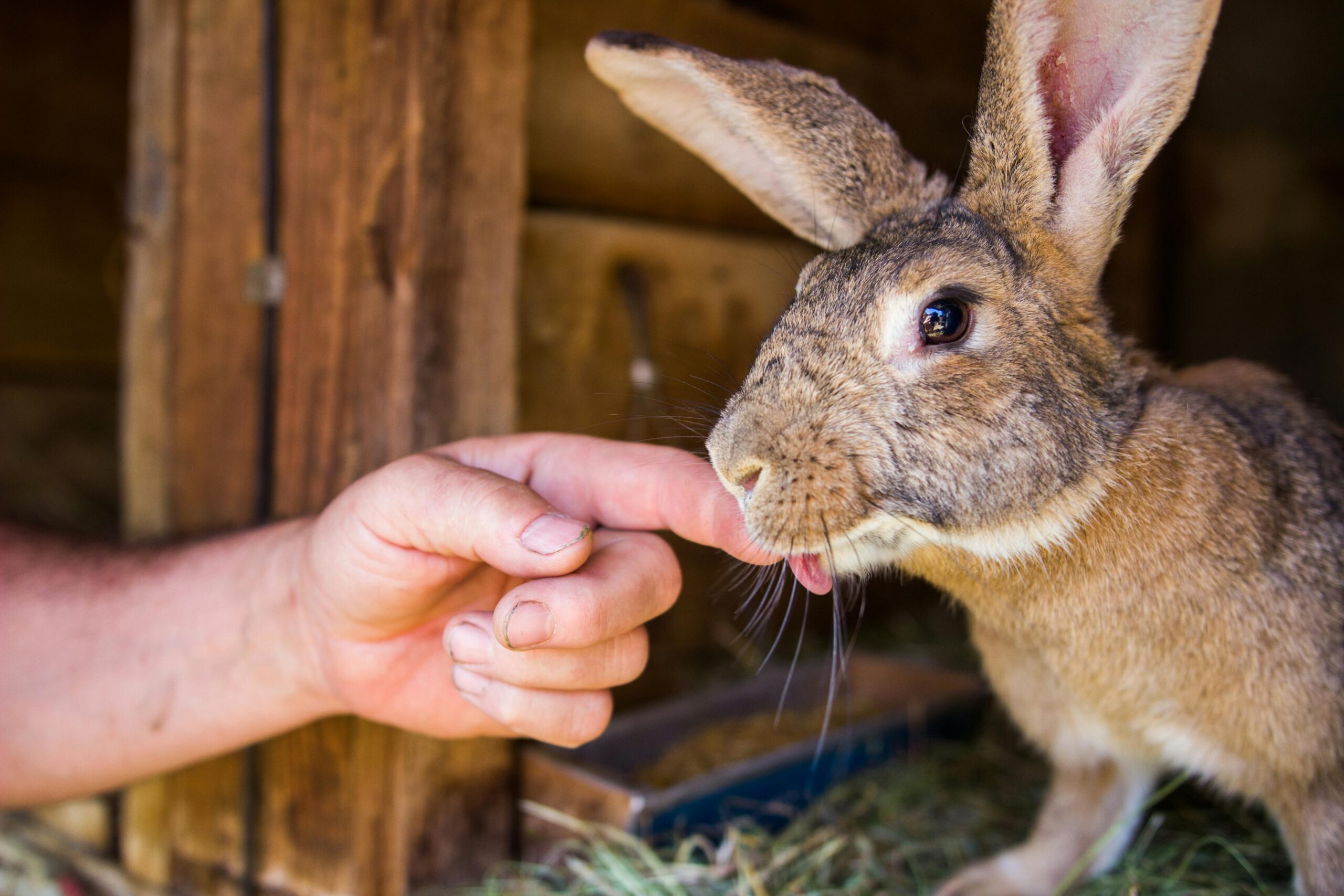
New Bunny Parent Checklist










